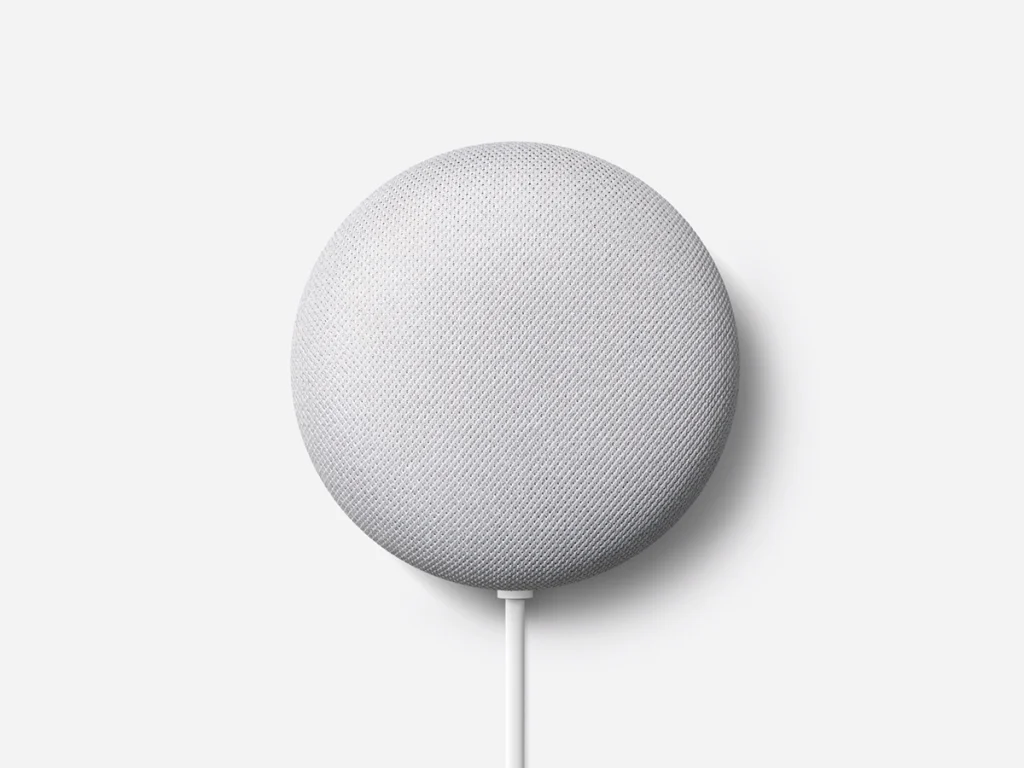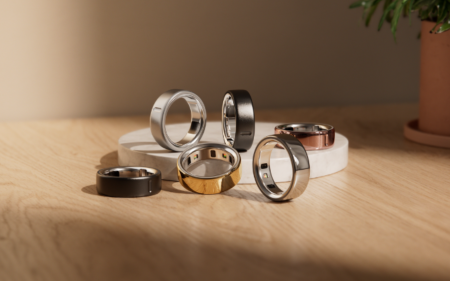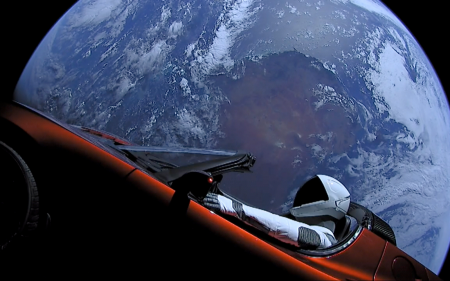Smart speakers are a tremendous boon to many people, especially Google’s range of voice-assistant models that can read you the news or the weather. You can also ask any of Google’s speakers to play music or podcasts or search for something.
But the “cost” of all of this usefulness is that Google (and Amazon) record everything you say and use these recordings to build up its voice-recognition software.
Revelations about how much personal data has been extracted – and heard by humans, who are hired for “grading” the quality of the machine-learning algorithms – haven’t seemed to dim anyone’s enthusiasm.
Some people have multiple Google speakers and are able to control what they all play and their volume. There’s only one problem for Google. The technology to do that was invented by Sonos, the maker of the gold standard in music streaming speakers. Sonos foolishly shared its blueprints in 2013, before Google (and Amazon) started releasing their own, cheaper smart speakers, and undercutting Sonos.
“Google has been blatantly and knowingly copying our patented technology,” Sonos CEO Patrick Spence said in August 2021. “Despite our repeated and extensive efforts over the last few years, Google has not shown any willingness to work with us on a mutually beneficial solution. We’re left with no choice but to litigate.”
In January, the United States International Trade Commission (ITC) finally found in Sonos’ favour after a two year “David vs Goliath” lawsuit, as it has been described.
The Alphabet-owned search giant infringed on five audio patents and the court ruled that a “limited exclusion order” would be imposed “prohibiting the import of certain audio technologies, controllers, and components made by Google”.
The court declared that Google could not import these products into the United States, including Google Home smart speakers, its Chromecast streaming video device, and its Pixel smartphones. The ruling, which doesn’t include damages because it is a trade body making the ruling, takes effect in 60 days, or early March.
Google obviously immediately said it would appeal the judgement and has already (in August 2021) told the court how it would make changes to the speakers. Why it didn’t just change them is a sign that the Sonos patents clearly worked – and better than Google’s own solution or it would have implemented it.
Sonos can rightly feel happy with the win. “We appreciate that the ITC has definitively validated the five Sonos patents at issue in this case and ruled unequivocally that Google infringes all five,” said Sonos chief legal officer Eddie Lazarus. “That is an across-the-board win that is surpassingly rare in patent cases.”
Meanwhile, Sonos also had two other patent infringement court cases against Google. The first in Los Angeles, which includes overlapping patents in the ITC case, was postponed until it concluded; while the other in San Francisco involves other patents.
Smart speakers have been a fast-growing category for years – in no small part as a conduit for big tech to further inculcate themselves in our lives. Amazon’s Echo speakers, with its Alexa voice assistant, are not only useful for consumers but a clever, quick way to place a voice order for something from Amazon.
Google, which is being sued for a variety of other “illegal” deals and privacy snooping, has proved to be a terrible partner to work with – based on how many firms later complain it has pilfered their technology. Netflix has a whole series based on the true story of two German software engineers whose technology ended up in Google Earth.
Sonos deserved their patent win, having created great technology that music lovers have used for years.
- This article first appeared in the Financial Mail




